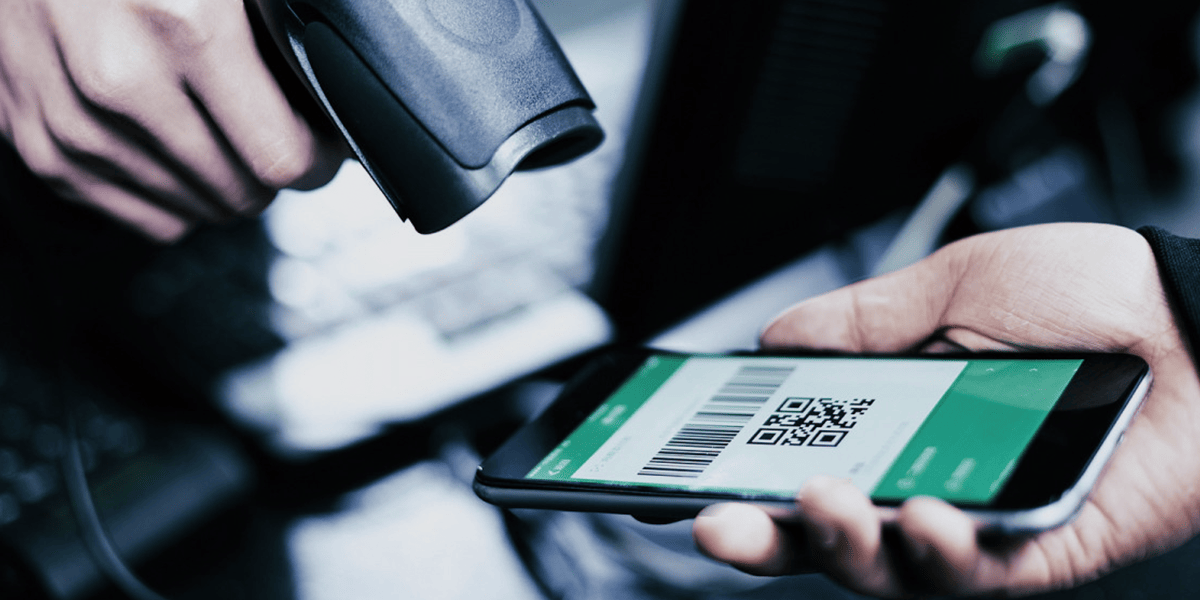
In an age where technology continuously reshapes our daily lives, the concept of a cashless society is becoming more than just a futuristic vision—it's rapidly becoming a reality. Imagine a world where financial transactions are swift, secure, and entirely digital, eliminating the need for physical currency. From tapping your card at a local café to transferring funds via a mobile app, the ways we handle money are evolving. This transformation towards a cashless society promises numerous advantages, from enhanced convenience to heightened security, but it also brings with it unique challenges and considerations. Join us as we delve into what a cashless society entails, its benefits, potential drawbacks, and examples of how different parts of the world are adapting to this new financial landscape.
A cashless society is one where financial transactions are not conducted with physical currency, such as banknotes or coins. Instead, transactions are carried out through digital means, using methods such as:
Cryptocurrencies: Bitcoin, Ethereum, and other cryptocurrencies can be used for transactions in a cashless society.
Some countries are moving closer to becoming cashless societies. For instance:
The transition to a cashless society involves balancing the benefits of digital transactions with the need to ensure inclusivity, security, and privacy.




 Together!
Together! Ready to elevate your presence? Get in touch us today
for
personalized
solutions tailored to business needs.